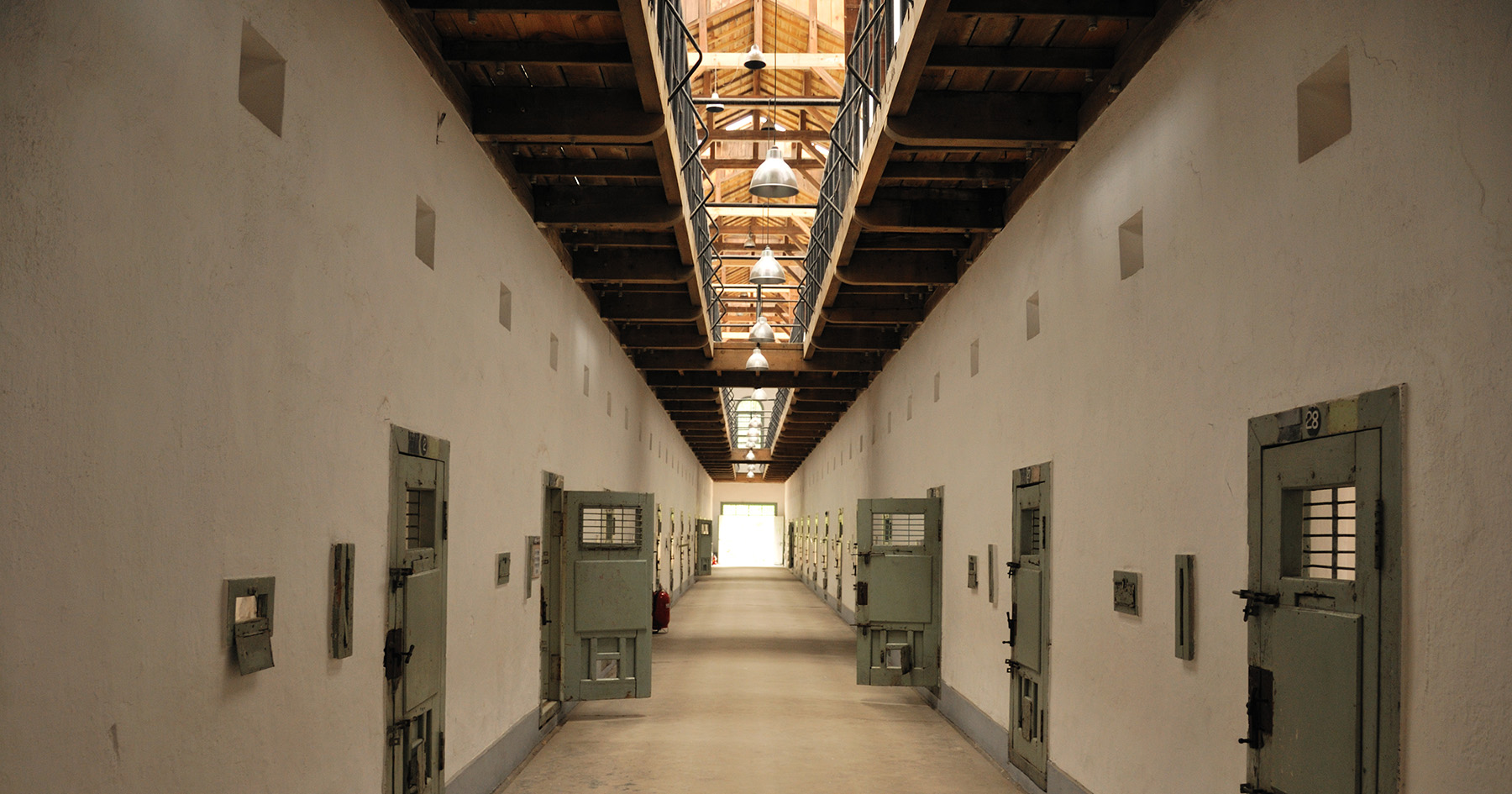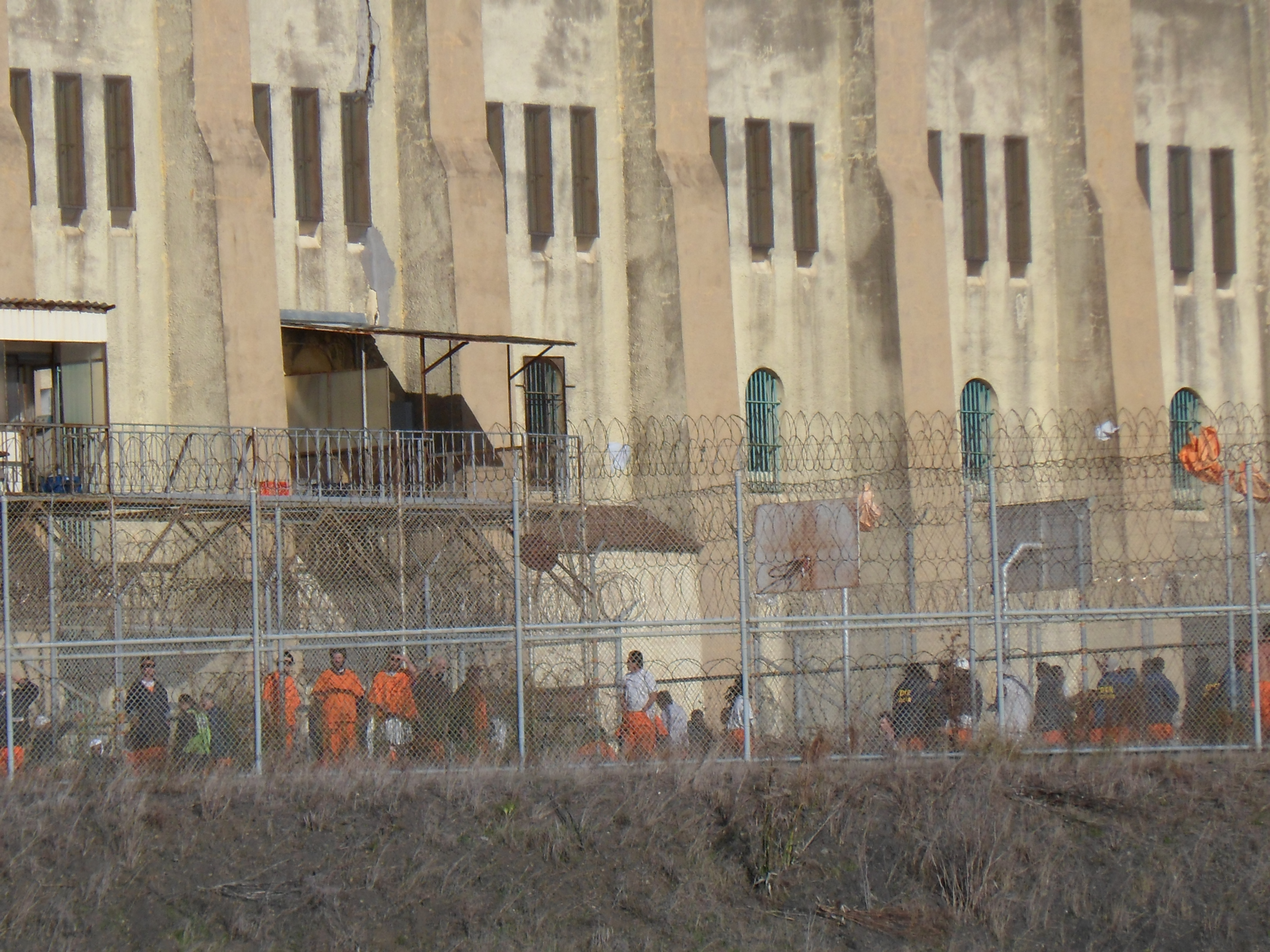More Bad News for Private Prison Companies

By:
Shortly after the Justice Department announced plans to ends its use of private prisons on Thursday, shares for publicly traded prison providers plummeted on the stock exchange.
 Flickr/Christian Senger - flic.kr
Flickr/Christian Senger - flic.kr
Though it's unclear how long it will take the government to cut off private prisons entirely, investors evidently weren't waiting around to find out. It's been about a decade since the Department of Justice began contracting with private prisons (in an effort to mitigate overpopulation in federally run prisons), and the abrupt end to that relationship was met with an abrupt drop in shares on the New York Stock Exchange.
Trading had to be halted for the two largest prison providers — the Corrections Corporation of America and GEO Group — but still managed to fall 51 percent and 43 percent, respectively. These are the "largest drops seen in either stock" since the 1990s, CNBC reported.
U.S. Deputy Attorney General Sally Yates released a memo Thursday that called on Justice Department officials not to renew (or gradually to phase out) contracts with private prisons. The goal is "reducing — and ultimately ending — our use of privately operated prisons," Yates said, citing concerns about the services, resources, costs, and safety of private prisons compared to facilities run by the Federal Bureau of Prisons.
 Wikimedia - wikimedia.org
Wikimedia - wikimedia.org
The private prison industry is worth about $5 billion today, with 130 private prisons throughout the country housing nearly 20 percent of the federal prison population and 7 percent of state prisoners, Mother Jones reported. The industry has also evolved into a potent political force, spending $25 million on lobbying efforts since 1989.
Private prison companies assert that the facilities represent a cost-effective solution to America's prison overcrowding problem. But Yates disputed that point.
Yates said that private prisons "do not save substantially on costs," and, what's more, their cost-saving efforts appear to have come with a number of compromises, according to a recent report from the department's Office of Inspector General.
"We found that in a majority of the categories we examined, contract prisons incurred more safety and security incidents per capita than comparable [Bureau of Prisons] institutions," the OIG report said. "With the exception of fewer incidents of positive drug tests and sexual misconduct, the contract prisons had more incidents per capita than the BOP institutions in all of the other categories of data we examined."
The OIG continued:
"For example, the contract prisons confiscated eight times as many contraband cell phones annually on average as the BOP institutions. Contract prisons also had higher rates of assaults, both by inmates on other inmates and by inmates on staff."
"The fact of the matter is that private prisons don't compare favorably to Bureau of Prisons facilities in terms of safety or security or services, and now with the decline in the federal prison population, we have both the opportunity and the responsibility to do something about that," Yates said.
